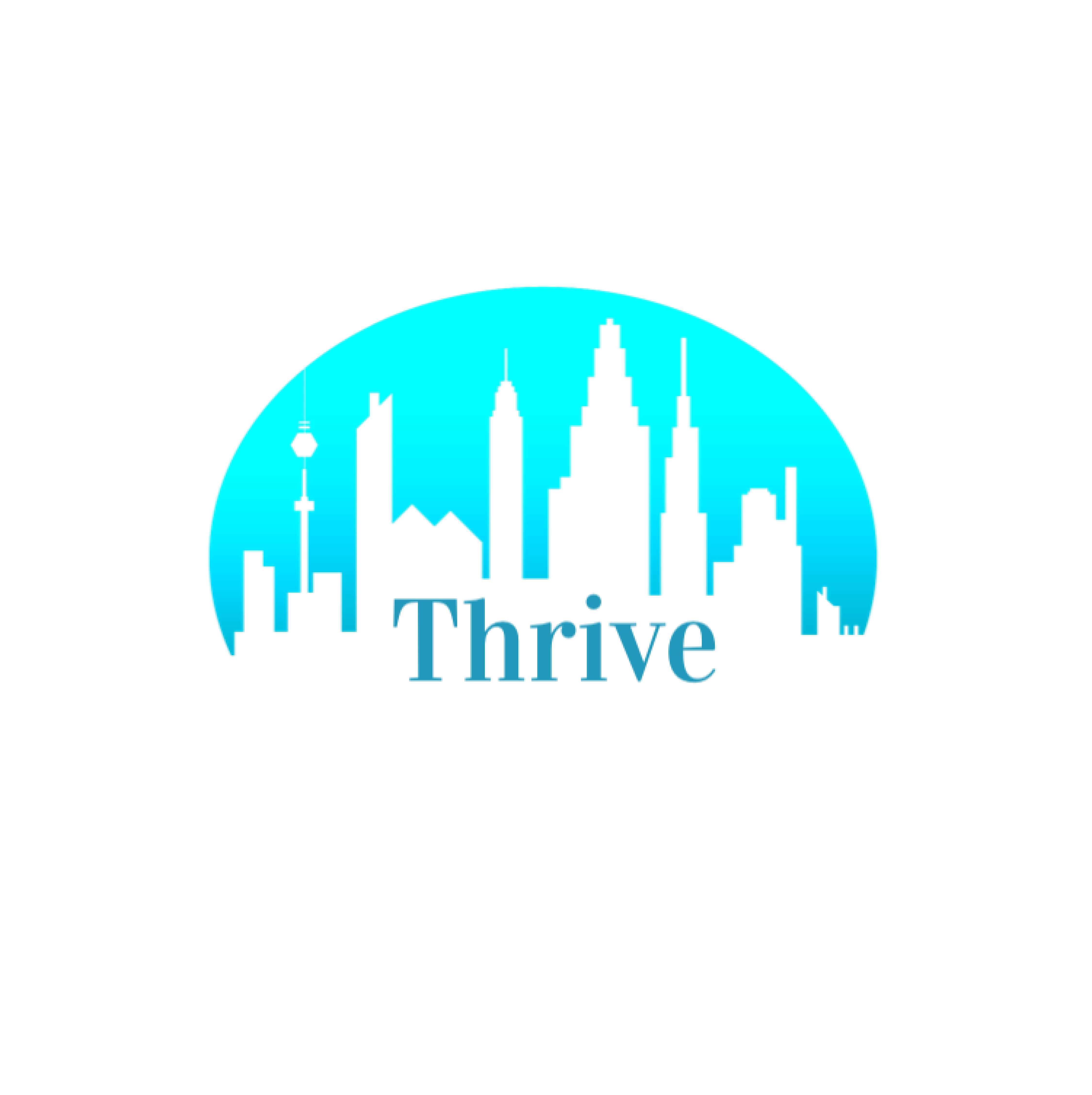Intuitive decision-making is the process of making choices based on instinct, experience, and gut feelings rather than formal analysis or extensive data. In business and organizational settings, it plays a vital role—especially when decisions must be made quickly, under pressure, or in uncertain environments where data is incomplete or ambiguous.
Leaders and professionals often develop intuition through years of experience, pattern recognition, and deep familiarity with their field. This “unconscious competence” allows them to rapidly assess a situation, sense potential outcomes, and make confident decisions without needing to calculate every variable. For example, an experienced salesperson may instinctively know how to handle a hesitant client, or a seasoned manager might sense team burnout before it shows up in metrics. The strength of intuitive decision-making lies in its speed and adaptability. It’s particularly effective in dynamic industries like technology, entrepreneurship, healthcare, and crisis management, where there’s often no time for prolonged deliberation. It also enables creativity and innovation by allowing leaders to take bold steps or seize emerging opportunities that aren’t yet supported by hard data.
However, intuition has limitations. It can be influenced by bias, emotion, or overconfidence. Without reflection or feedback, intuitive decisions may overlook risks or contradict strategic goals. That’s why many organizations adopt a blended approach, combining intuition with data and analysis for balanced, well-informed decisions. For businesses and organizations, fostering intuitive skills—through experience, mentoring, and reflection—can empower teams to make faster, smarter decisions. When paired with critical thinking and a supportive culture, intuition becomes a valuable leadership asset, helping organizations stay agile and responsive in complex environments.
In summary, intuitive decision-making is not guesswork—it’s informed instinct. When developed and applied wisely, it becomes a powerful tool for navigating uncertainty, building trust, and driving momentum.
Tyler de la Plaine, Founder and Principle Consultant
Thrive Venture Consulting — bringing people and ideas together.
